Ethiopia: Fish farming promotes youth entrepreneurship and food security
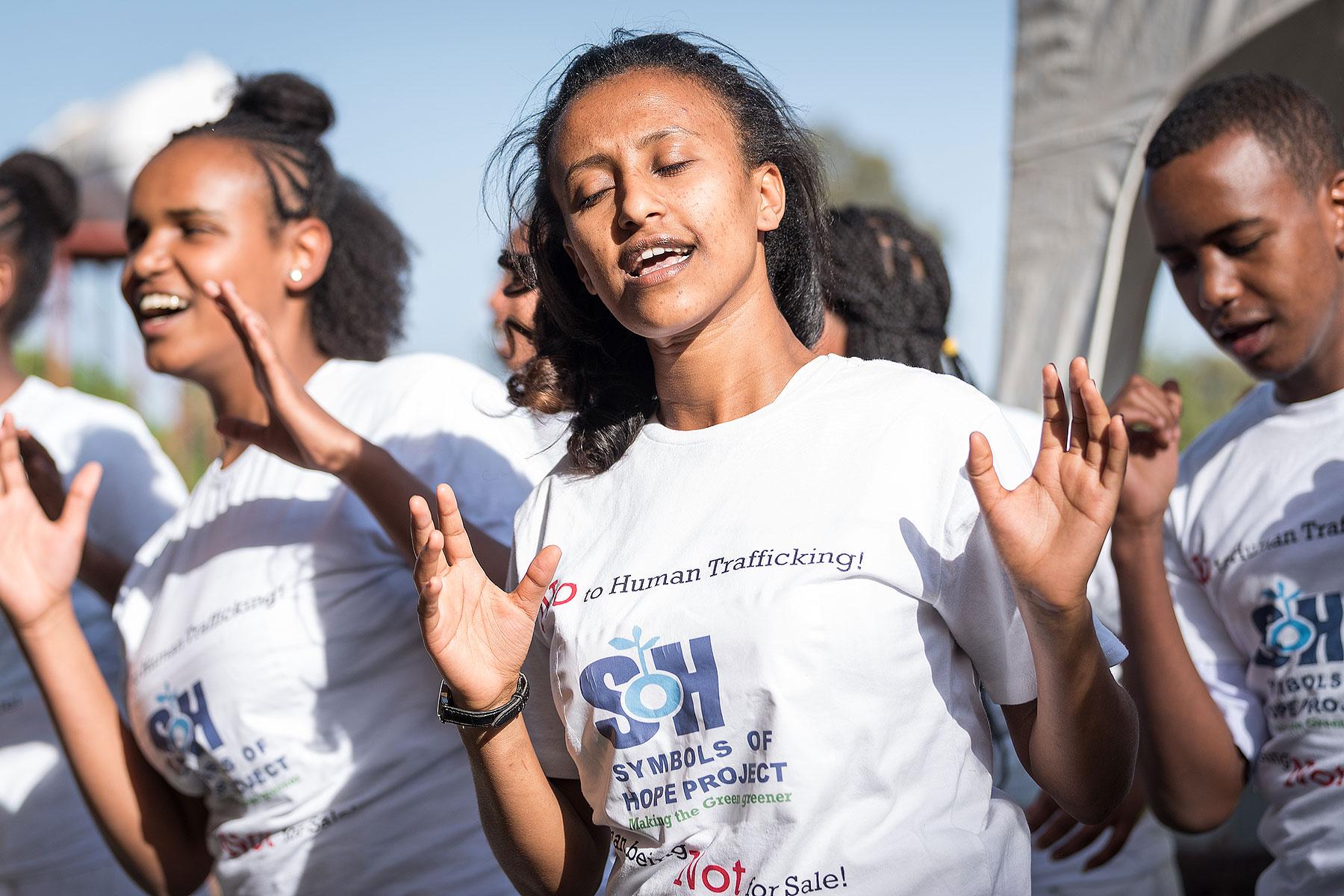
A youth group performs at the inauguration of Bishoftu Integrated Aquaculture Vocational and Entrepreneurship Training Centre in early 2019, taking a stand against human trafficking, and the poverty that often fuels it: âHuman beings â Not for Sale!â All photos: LWF/Albin Hillert
“Through a sharing spirit” EECMY initiatives serve wider community
(LWI) - The Ethiopian Evangelical Church Mekane Yesus (EECMY) Development and Social Services Commission (DASSC) has opened a training center in Bishoftu town, Oromia regional state, Ethiopia, aimed at helping young people to make a sustainable living, even with limited means.
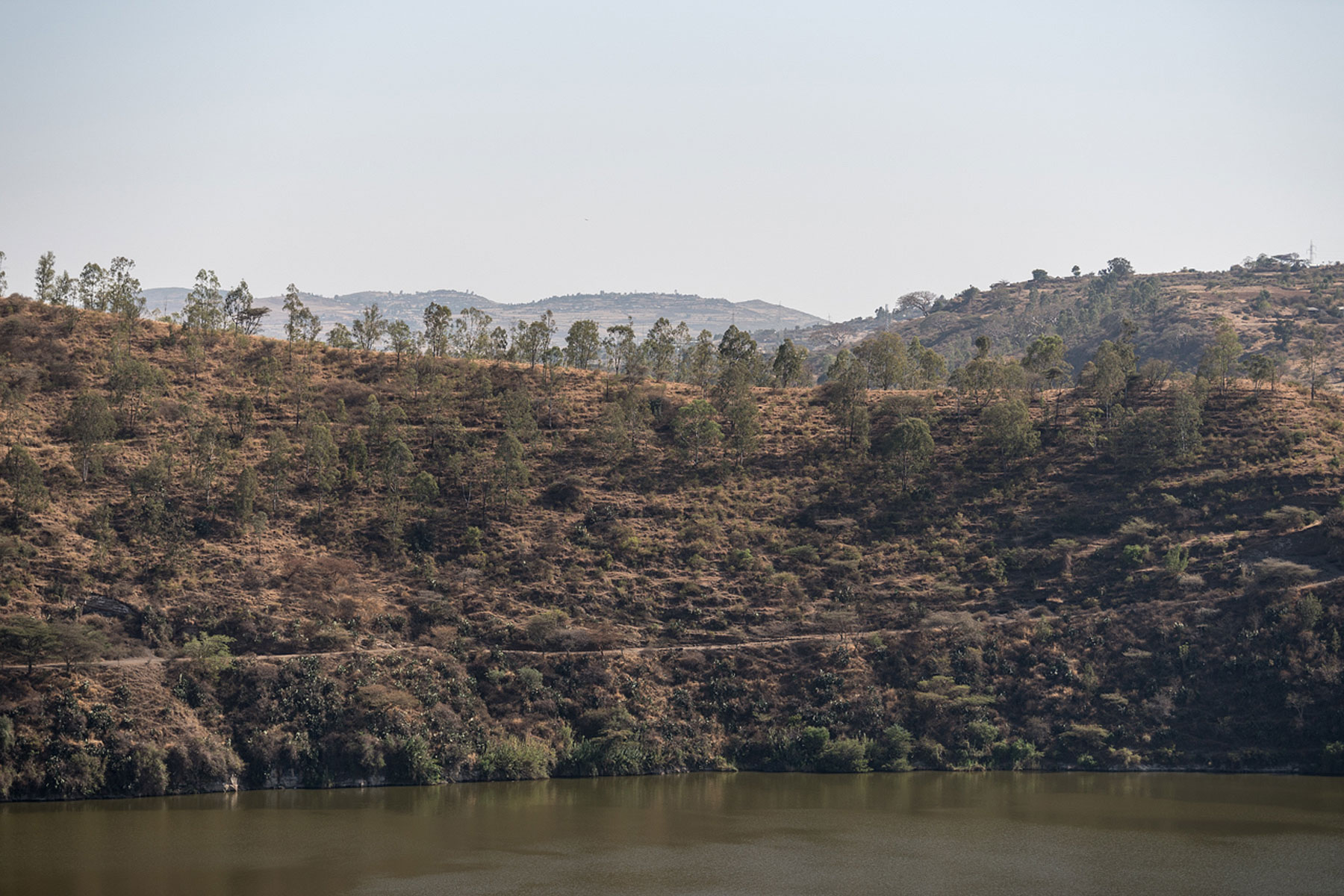
Located southeast of the capital Addis Ababa, Bishoftu, which means ‘ever-flowing spring,’ is rich in water, and with rolling hills and ample walking trails, it has developed into a recreation area, drawing tourists from both within and beyond Ethiopia.
Yet in the urban center, poverty remains a challenge, particularly for young people, who often find themselves left behind in a quickly developing country.
Bishoftu is one of the places where the presence of the EECMY is the strongest. The Lutheran World Federation (LWF) member church has 12 congregations in the town and another 42 in the surrounding area.
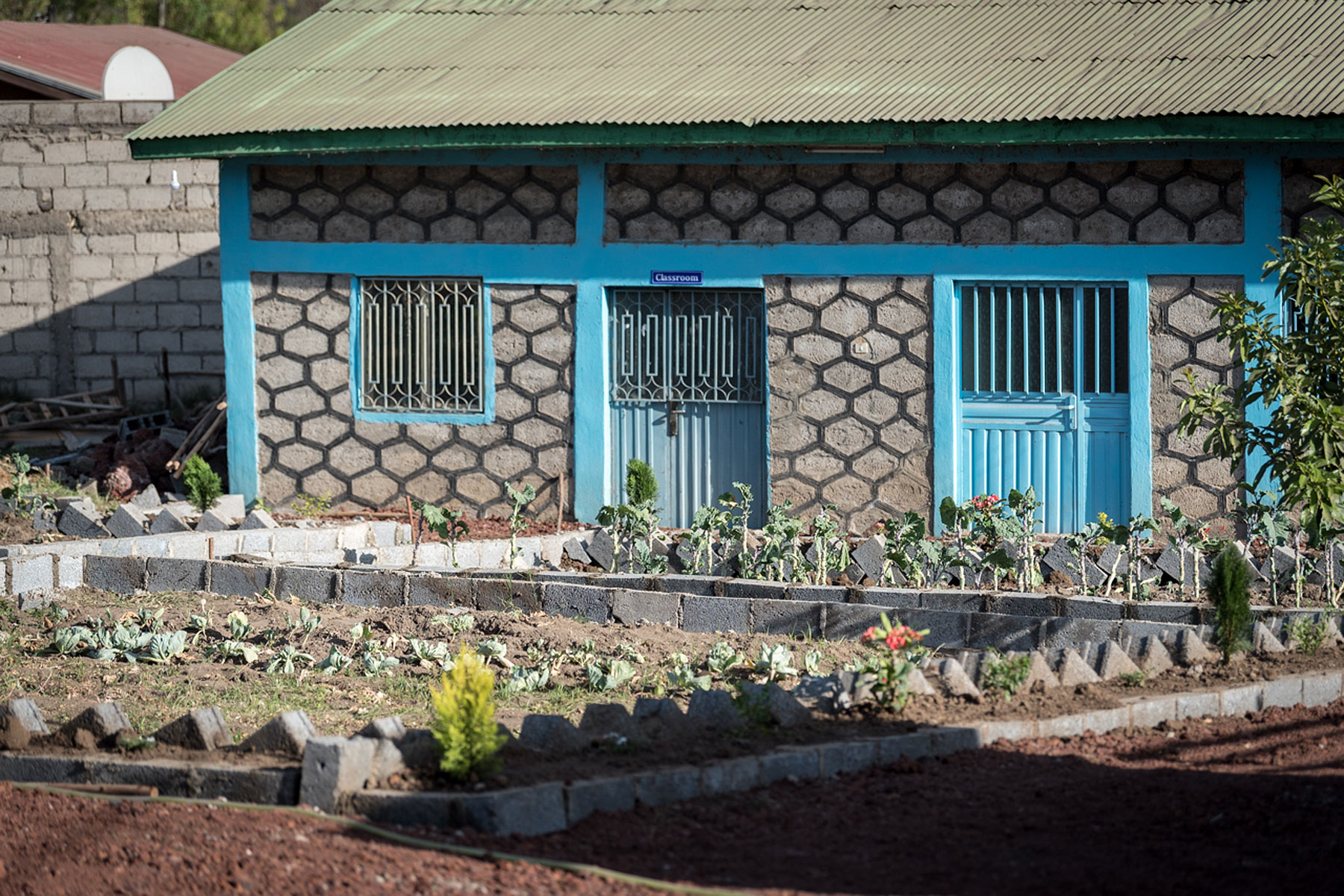
“Opening the Bishoftu Integrated Aquaculture Vocational and Entrepreneurship Training Centre, is about giving the young people something, so they can produce something even on a small piece of land in this urban area,” said EECMY president Rev. Yonas Yigezu Dibisa.
The project further connects with an LWF-supported initiative on women’s empowerment, and sets out to develop skills and training to reduce youth unemployment.
Applying the latest technologies, in fish-farming and agriculture
“The EECMY-DASSC training center will offer long and short-term courses to 660 trainees annually, in integrated urban farming of fish and vegetables, contributing to national efforts to support food security,” explained EECMY-DASSC commissioner Ato Girma Borishie Bati.
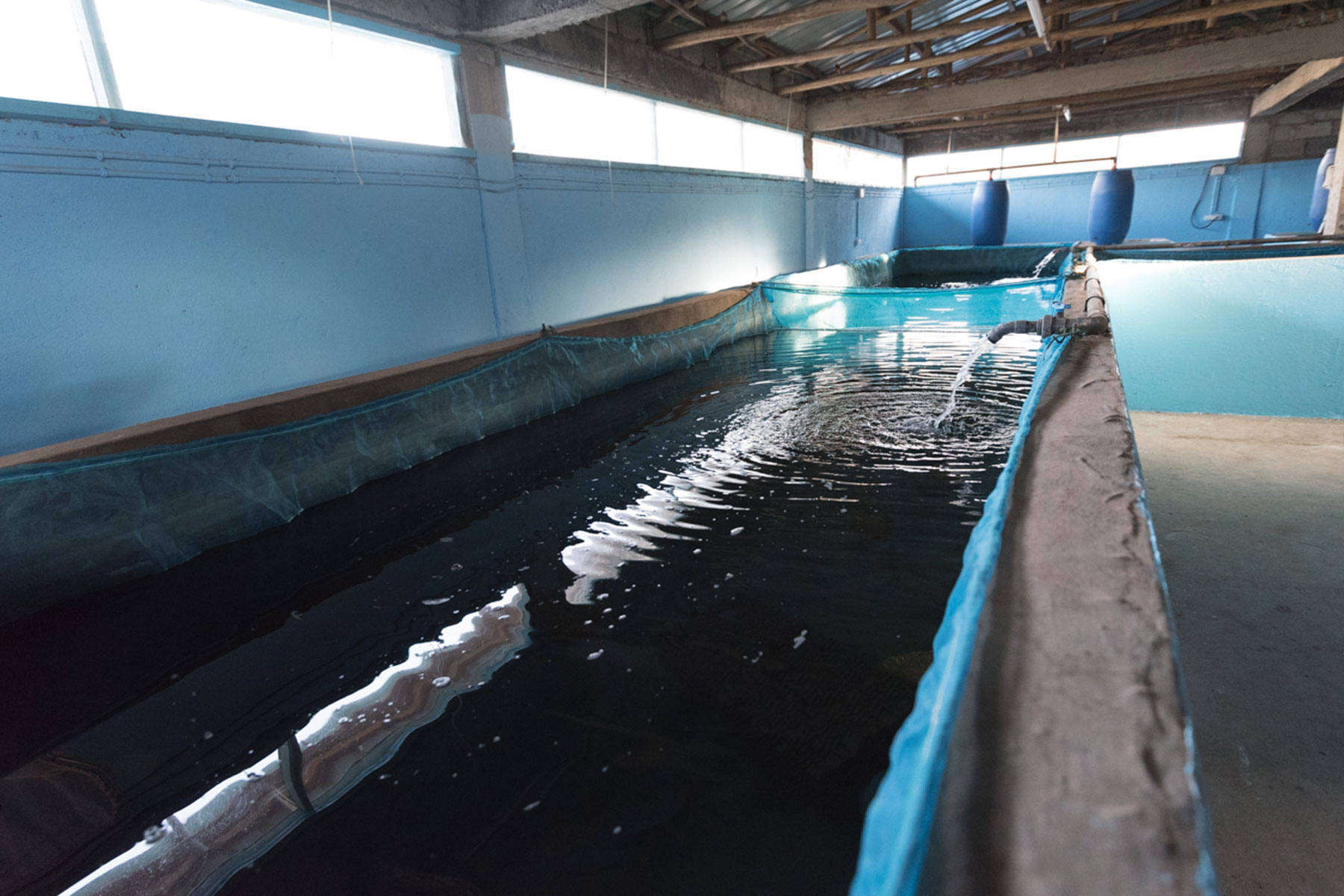
A full-scale fish-farming facility using the latest technology available has been set up at the training center, with funding from the Dutch Interchurch Organization for Development Cooperation (ICCO) and the German Protestant churches’ agency, Bread for the World.
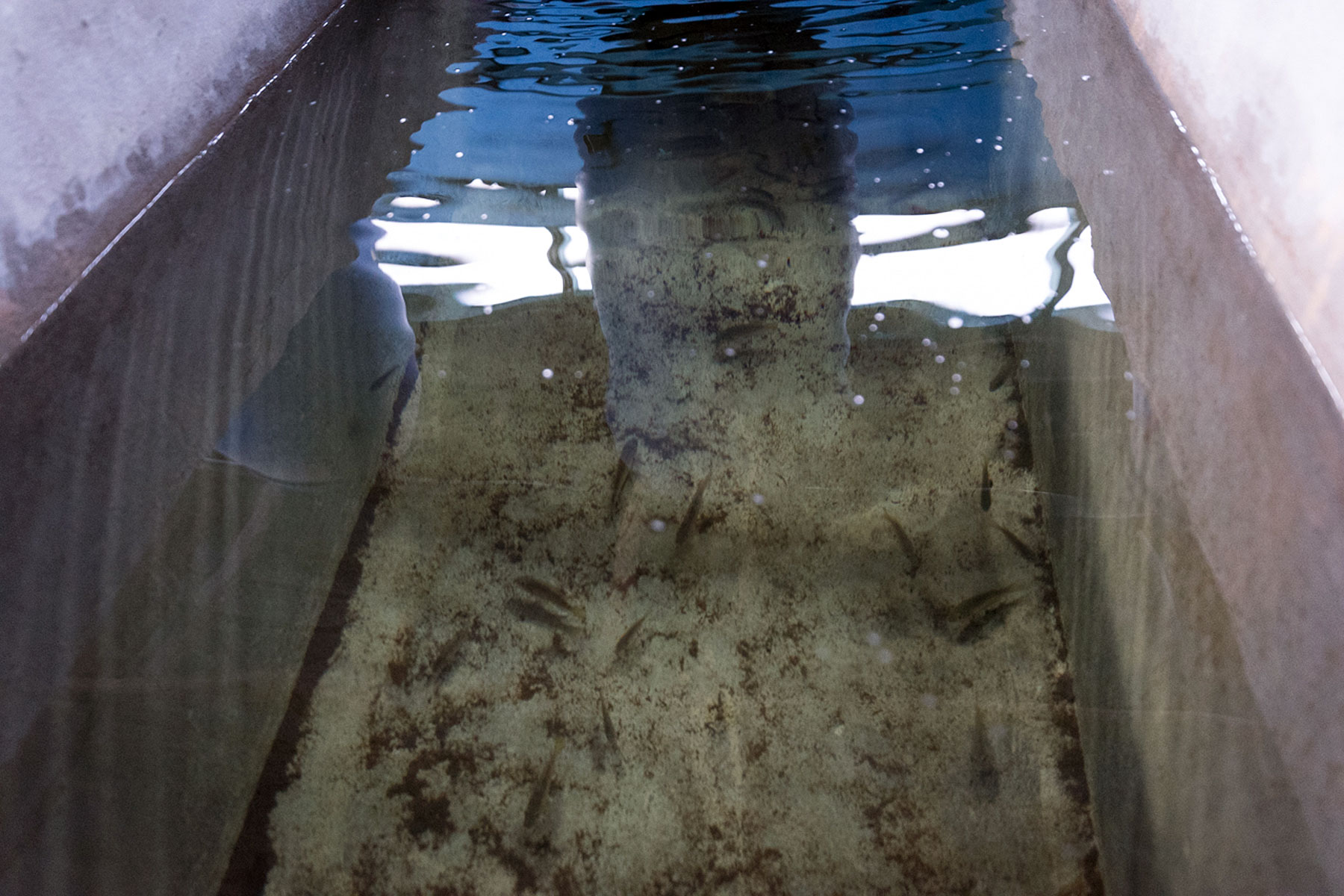
A school of tilapia fish swims in the hatchery. Tilapia grows and reproduces fast, and may become a valuable resource in areas where nutritious food is scarce.
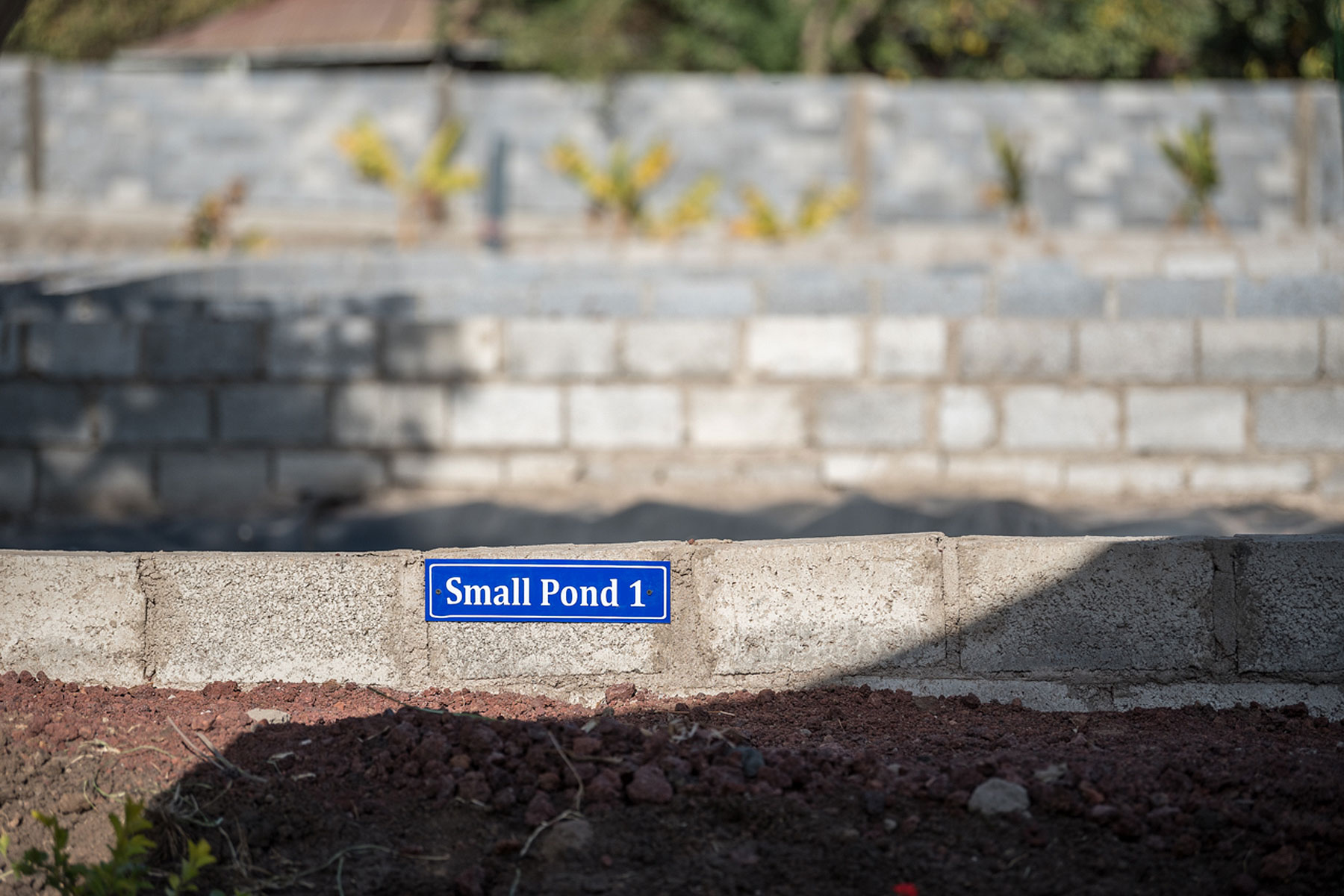
In the training center garden, a series of ponds will hold fish as they grow.
“By starting with bigger fish from the hatchery, we can increase the number of cycles to 3-4 per year,” project advisor MsC Bert Schuilenburg explained. “But we will also be using circulating water, which means we can keep a higher density of fish in the water than if it was standing still.”
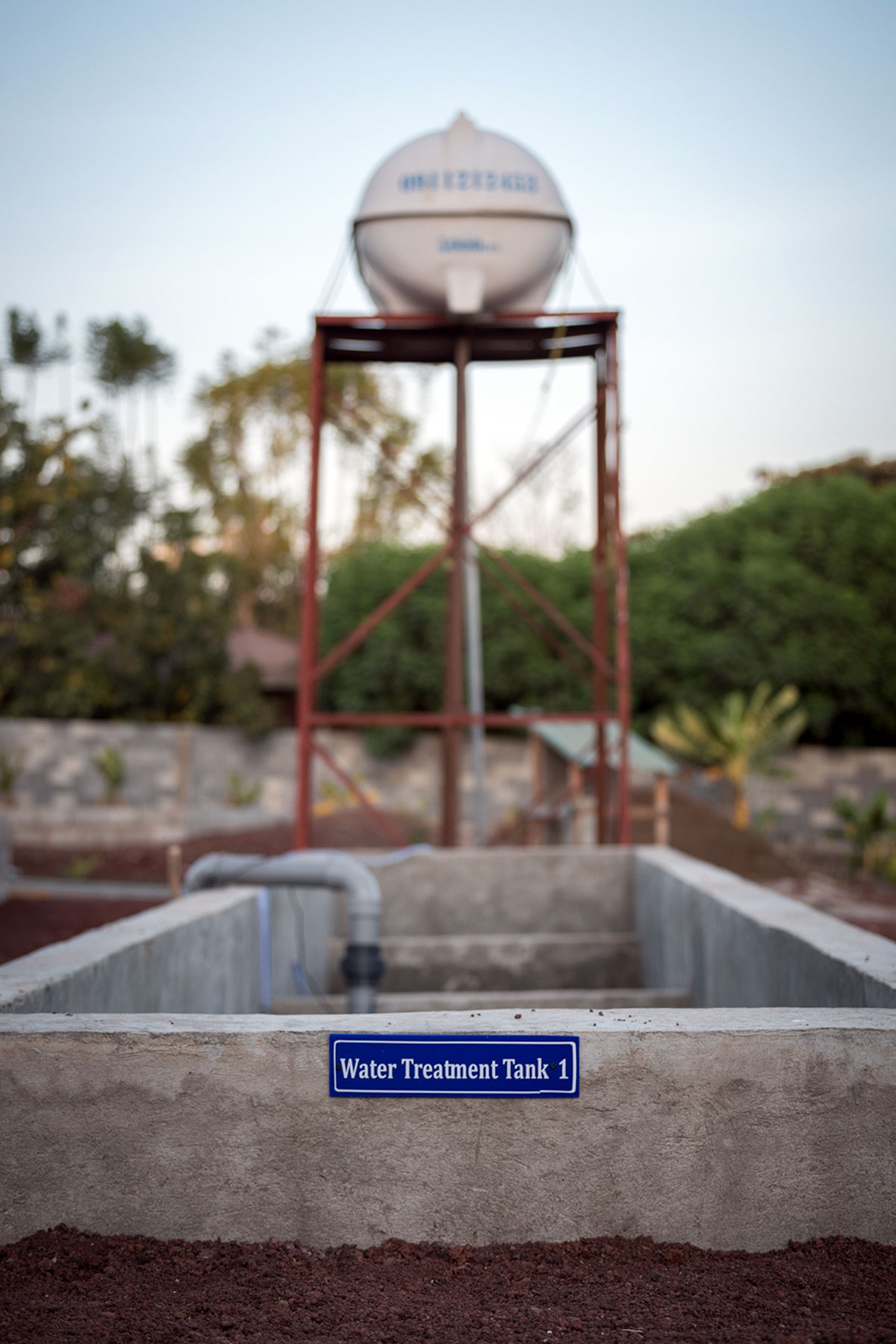
The training center will use circulating water to increase capacity for fish-farming.
“This way, we expect to be able to harvest some 100 kilograms of fish per cubic meter per year,” Schuilenburg added.
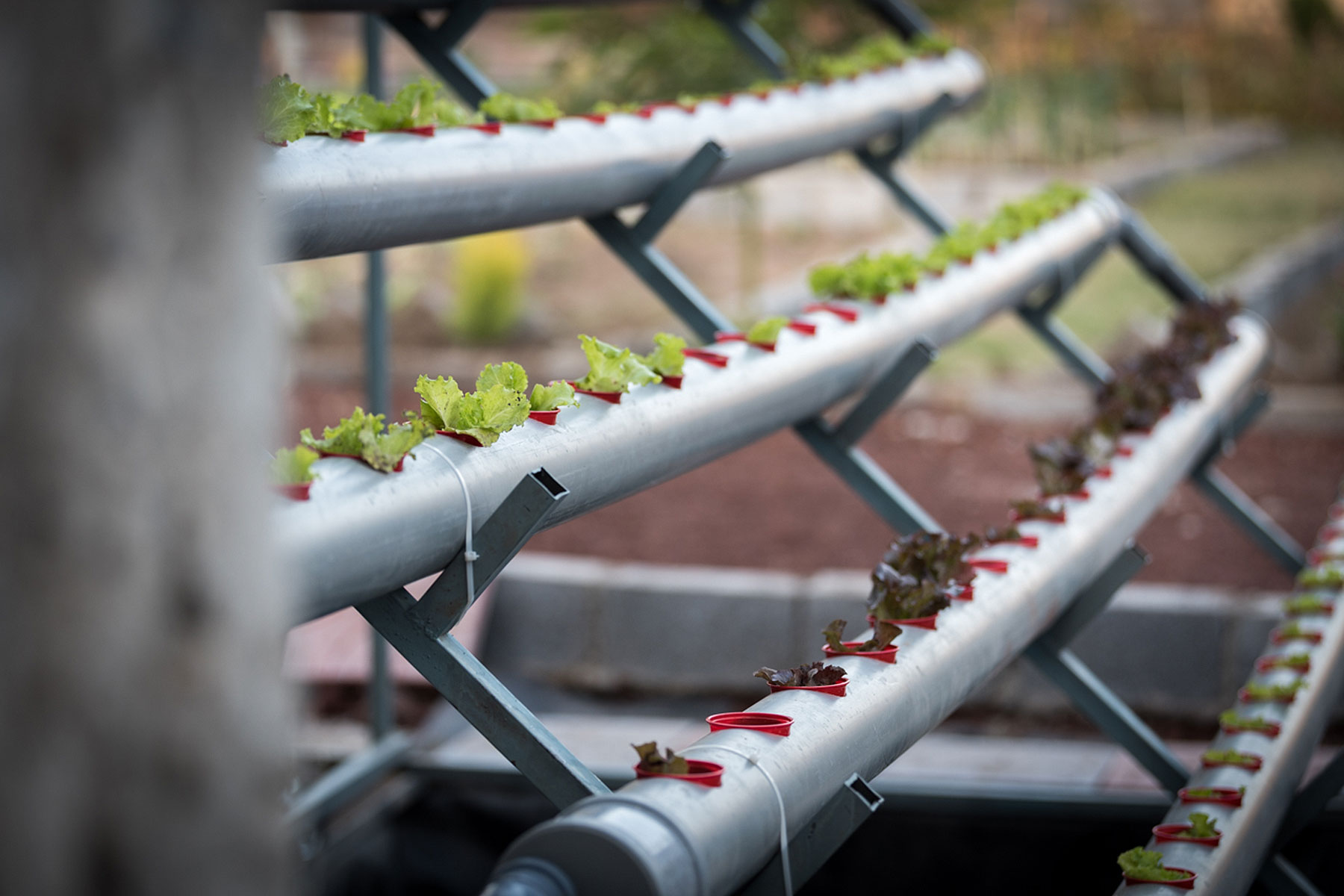
Making use of nitrates from the fish-farming hatchery, the center also features soil-free plantations of vegetables as a means of producing nutritious food without the need for ample farmland.
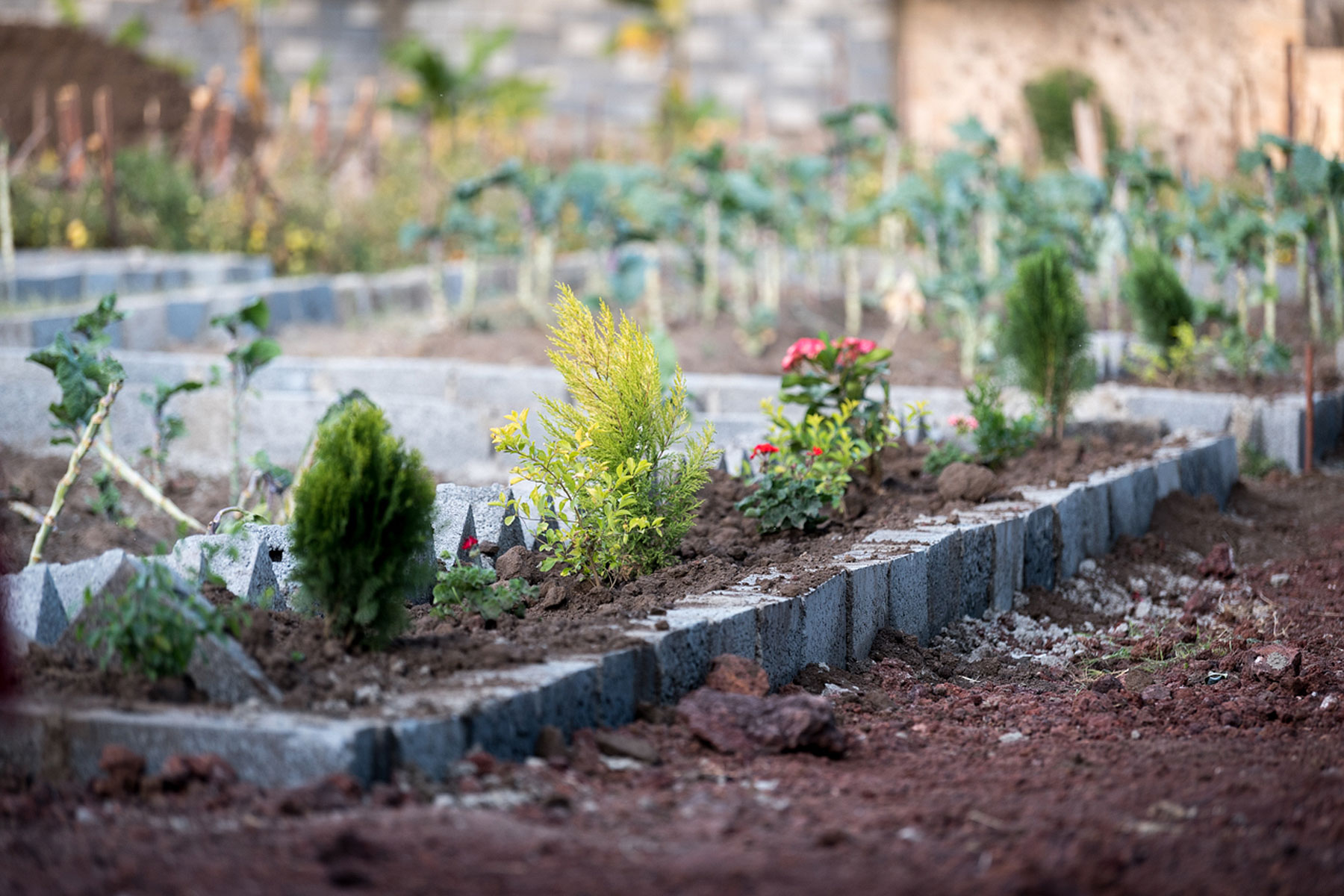
Looking at the variety of crops grown at the Bishoftu training center, EECMY president Dibisa noted, “This place as you can see, is only a small plot of land, but the greatness of this space is in the services that it renders to the community, in this city and probably beyond.”
He concluded, “What we are trying to do through these small things, is not to make people prosperous, or a few people rich and comfortable. It is to reach out to very few people, in order that this service be extended to others, through a sharing spirit.”
By Albin Hillert, edited by LWF Communications
The Ethiopian Evangelical Church Mekane Yesus (EECMY) has over 9.3 million faithful in more than 9,000 congregations across all of Ethiopia’s nine regions. Led by EECMY President Rev. Yonas Yigezu Dibisa, it has around 4,000 ordained pastors and more than 10,000 evangelists. Its diaconal work is coordinated through the Development and Social Services Commission. The church owns the Mekane Yesus Seminary in Addis Ababa, which is the main higher education training center for theologians and other church workers, several seminaries and Bible schools. It is the largest member church of the LWF, which it joined in 1963.




